The role of the US in the origin of the drama of Afghan women
DAVID BOLLERO
The US left Afghanistan at the end of August 2021 after staying in the country for two decades in an operation that the Casablanca dubbed 'Enduring Freedom'. The Taliban advanced without opposition, taking Kabul and, since then, the portrait that is offered of the country places women as the most affected group, against which the curtailment of freedoms and the violation of Human Rights (DDHH) has shot up.
The official story presents the US as the power that tried to liberate the Afghan people; however, the balance of these 20 years shows a clear failure. The question that arises is whether at some point the Afghan people were really better off thanks to the US and, more specifically, women, who is the group on which they wanted to focus.
The answer to this question is offered to us by Noam Chomsky and Vijay Prashad in The retreat, a book published in Spain by Captain Swing that compiles many of the conversations that the American philosopher and the Indian historian and journalist have had for more than three decades. Throughout its pages, both intellectuals share a parallel story about the withdrawals from many of the armed conflicts forced by the US, from Iraq to Libya or Afghanistan.
As Chomsky relates, the economic situation in which Afghanistan has been left is far from what the majority of public opinion knows. As he explained in his talk with Prashad, with his departure, the US seized funds from Afghanistan, currently hoarding about 9.500 million dollars that the country cannot access. "International financial institutions, probably under US pressure, are withholding funds and denying them their support," Chomsky says. Meanwhile, Afghanistan is facing one of the world's worst humanitarian crises and Afghans can't even get money from their banks to access food.
THE US RECRUITED RADICAL ISLAMISTS FROM ALL OVER THE WORLD AGAINST THE SOVIET OCCUPATION
As the reader progresses in reading The retreat can delve into how the US "recruited radical Islamists from around the world, the most violent and deranged elements it could find," according to Chomsky, for the sole purpose of building a military force in Afghanistan and wearing down the Soviet occupation of the country in the 80s. A large part of those warlords recruited by the US have ended up becoming some of the most bloodthirsty jihadist groups that have sown terror in the West.
The two intellectuals mention two women to reflect the role that women really had in Afghan society before the US gave wings to the Taliban, using them against the Russians. The first of these is Anahita Ratebzad, a communist in exile in Germany with whom Prashad had a meeting years ago.
Ratebzad was one of the founders of the Afghan Women's Democratic Organization in 1965, the year in which she was precisely one of the four women elected deputies in the Afghan parliament. Between 1978 and 1979 the Organization sent 18.000 instructors in order to reduce the literacy gap, especially in rural areas and among women. As a result, many of them ended up even graduating from college. However, that achievement would have a short run, as the warlords, sponsored by the US, would be in charge of disrupting it.
The second figure that Chomsky highlights is that of the feminist Rasil Basu, who during the last period of Russian occupation worked as a United Nations special envoy for women's rights in Afghanistan. His chronicles from then, which he was unable to publish in any American media, as the philosopher affirms, showed how under the Russian occupation in cities like Kabul there were important advances in the field of women's rights, who could dress as they wanted , access the world of work, return to university... something unthinkable today, after 'Operation Enduring Freedom'.
As one would expect from two thinkers like Chomsky and Prashad, The retreat does not leave the reader indifferent, reviewing some of the great US military fiascos that have led to humanitarian crises, drawing a reality very different from that traditionally broadcast by the mass media, determined to portray the US as a liberating power that, however , does not even abide by the jurisdiction of the International Criminal Court. “None of this is taught in schools and universities, nor is it even considered in the media to discuss it,” denounces Prashad.
david bolero he is a journalist.

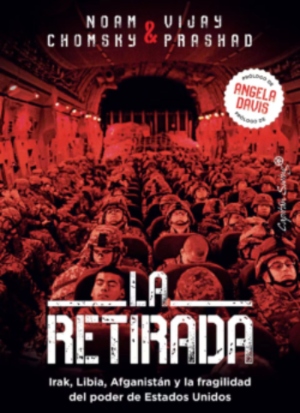
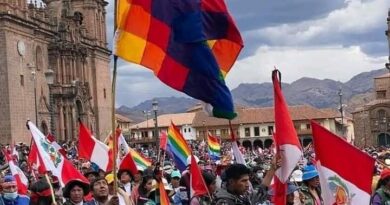

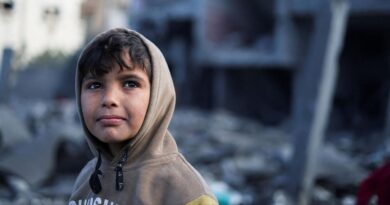
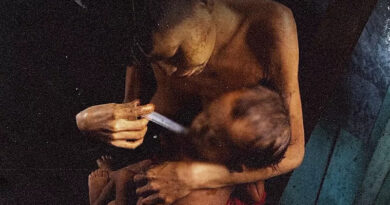
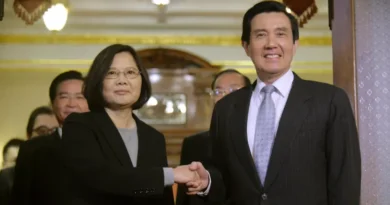


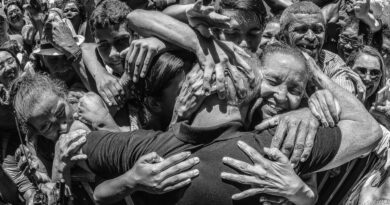
Pingback: The role of the US in the origin of the drama of the Afghan women | NR | alternative journalism